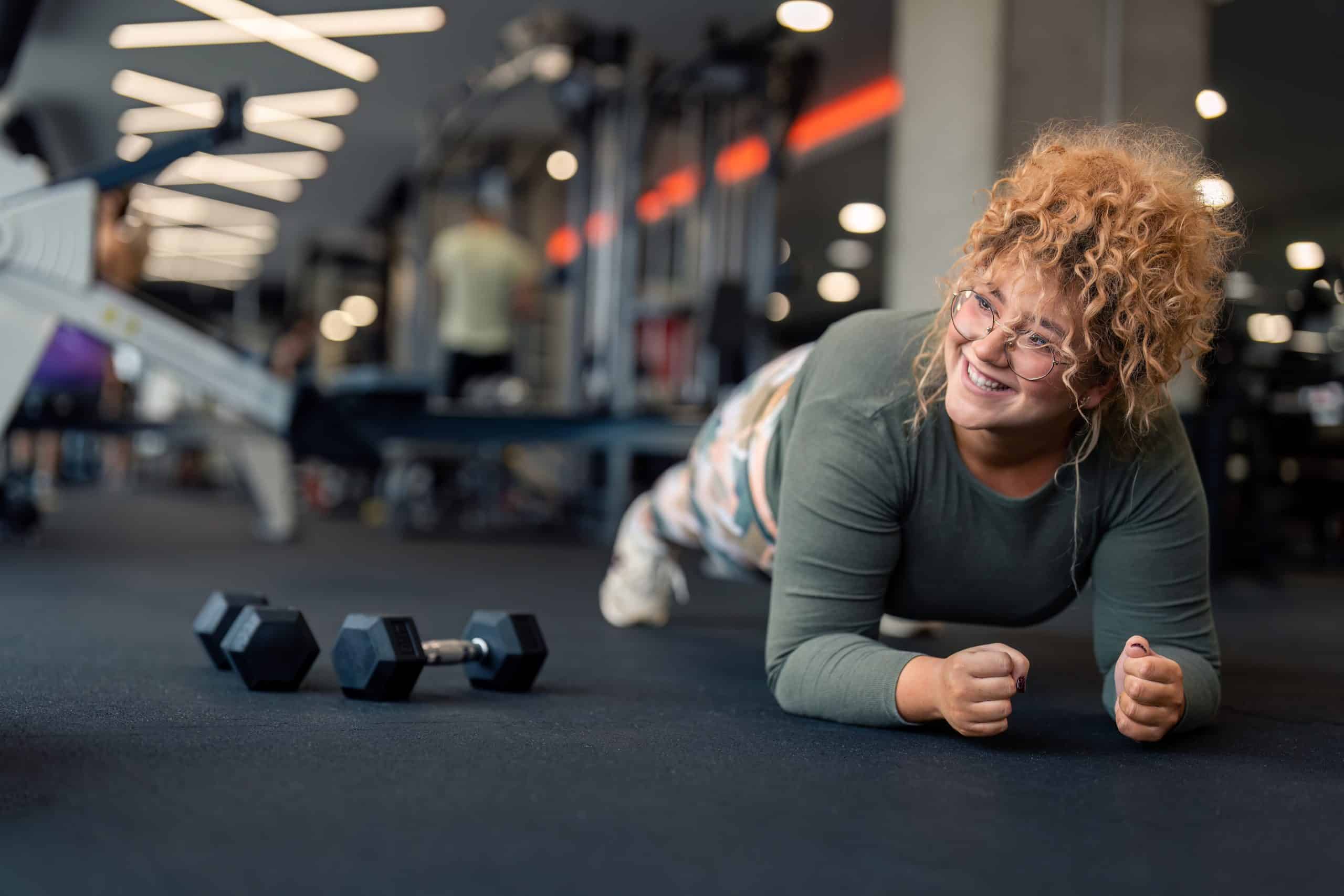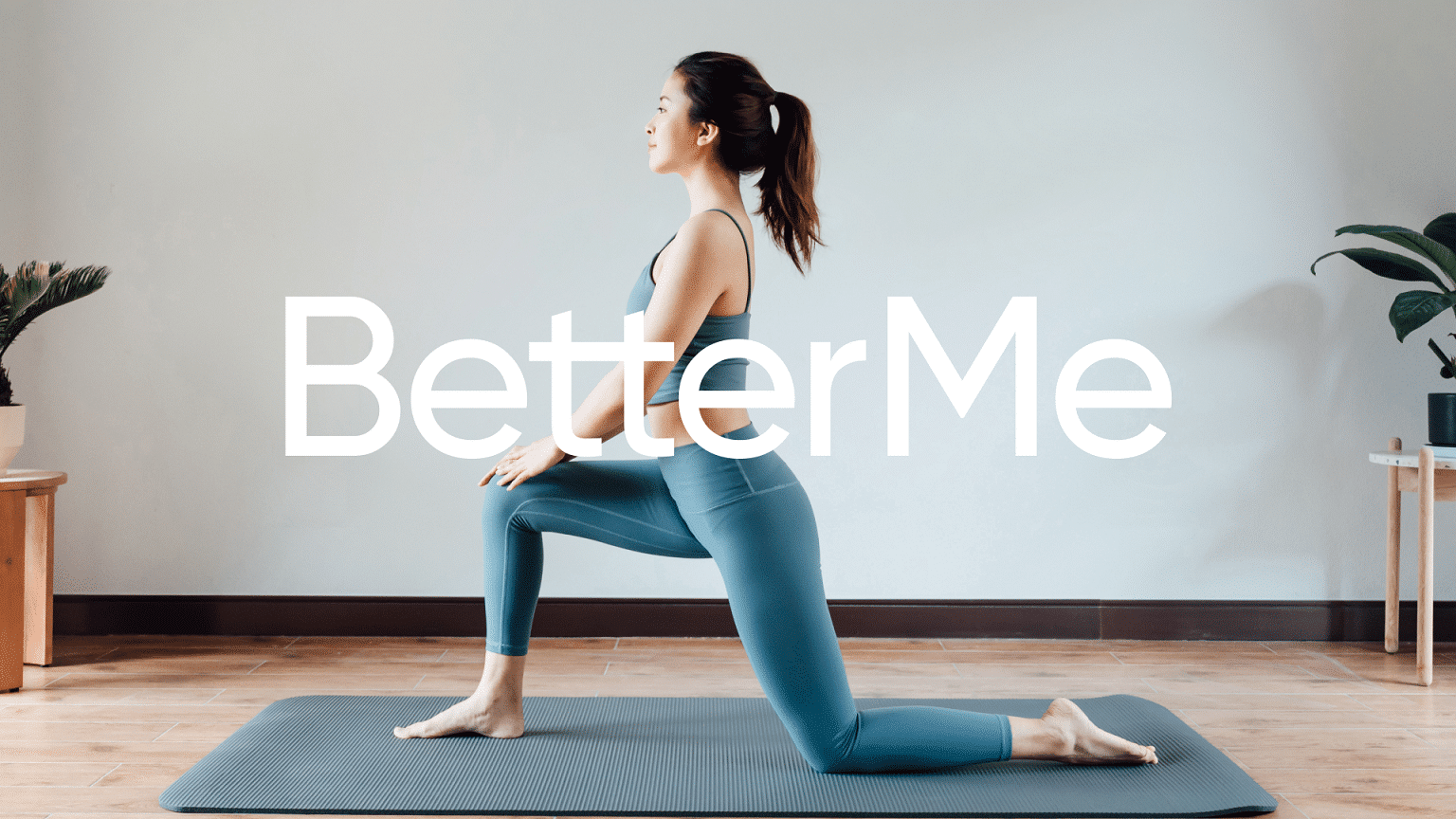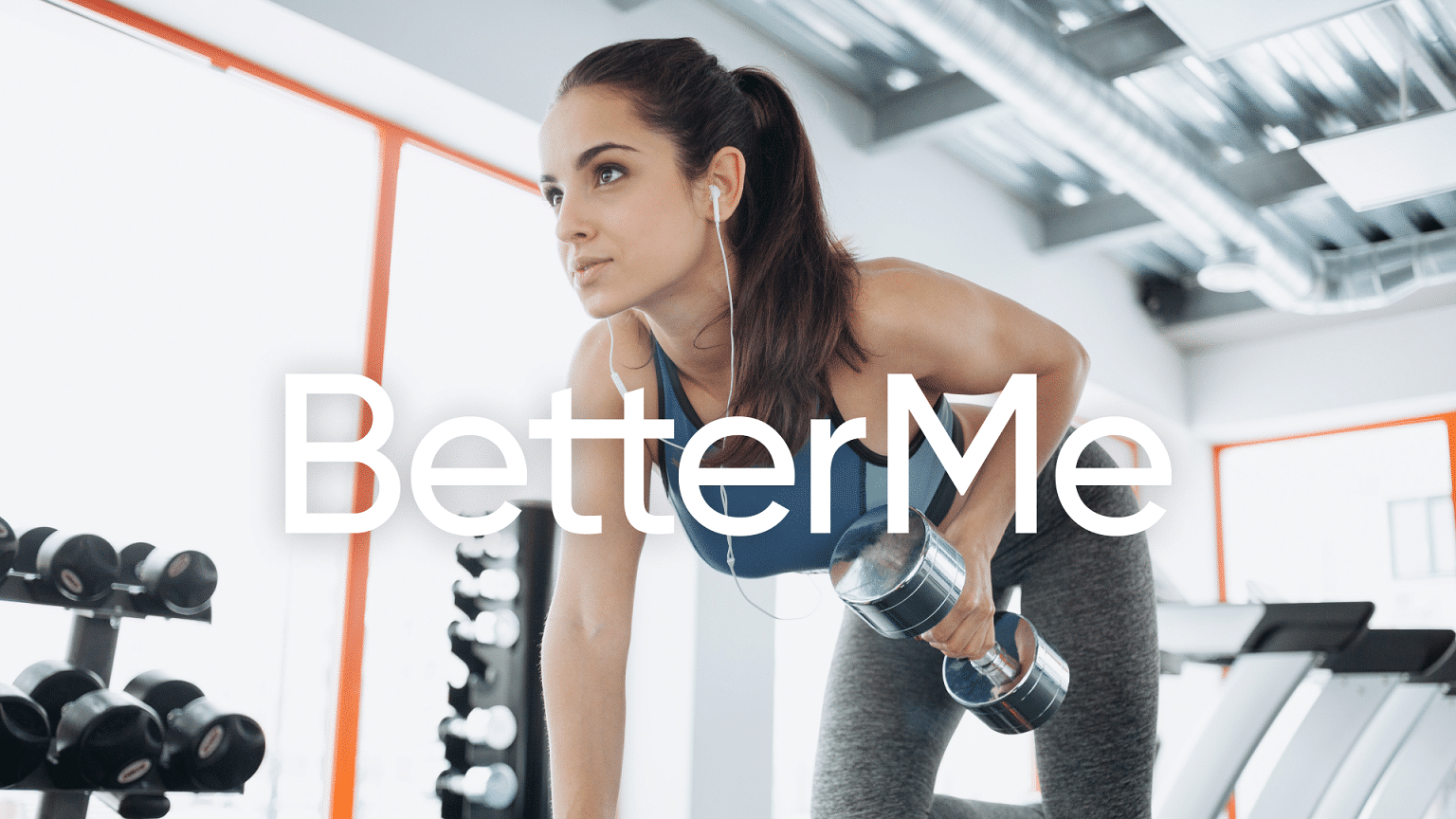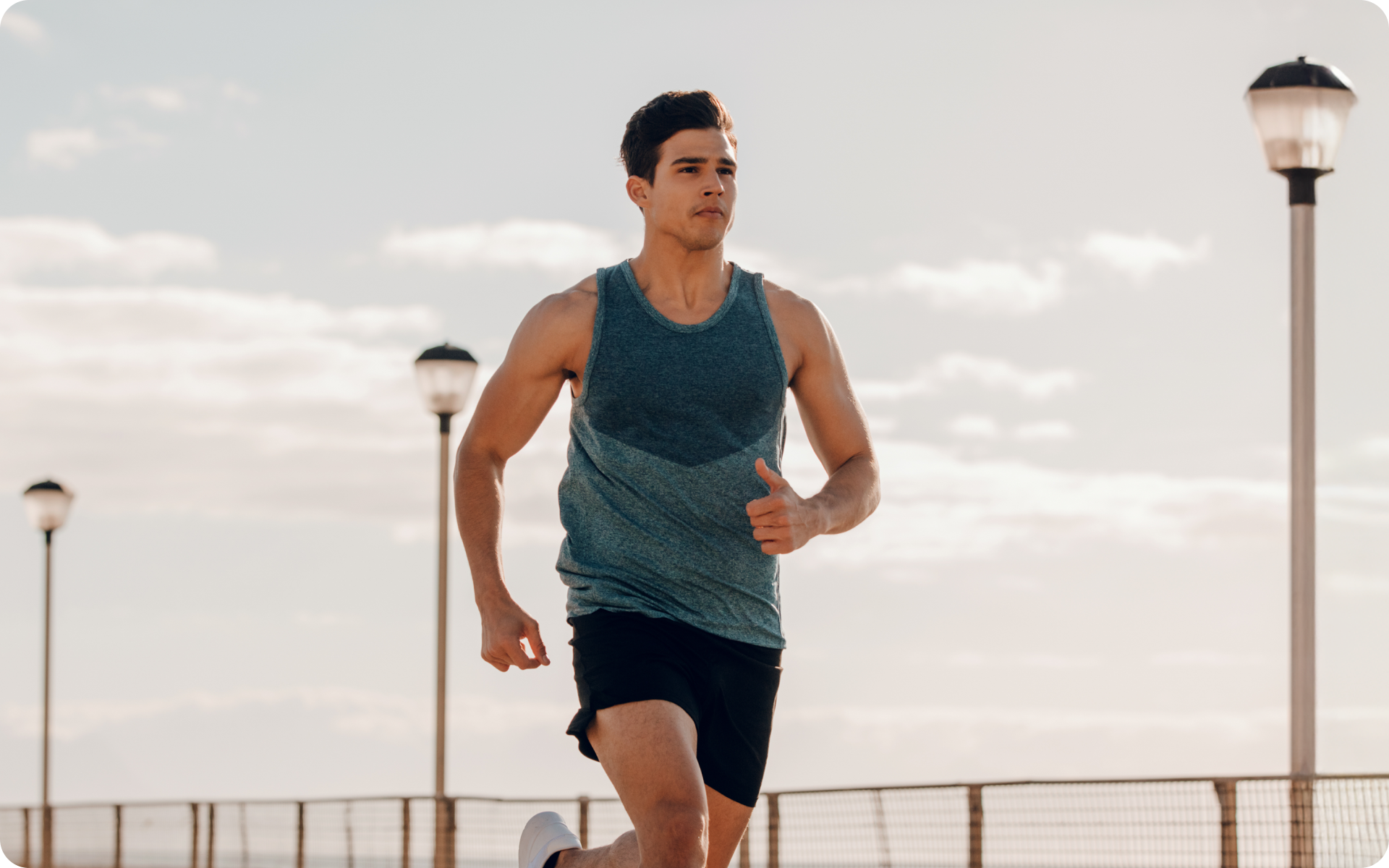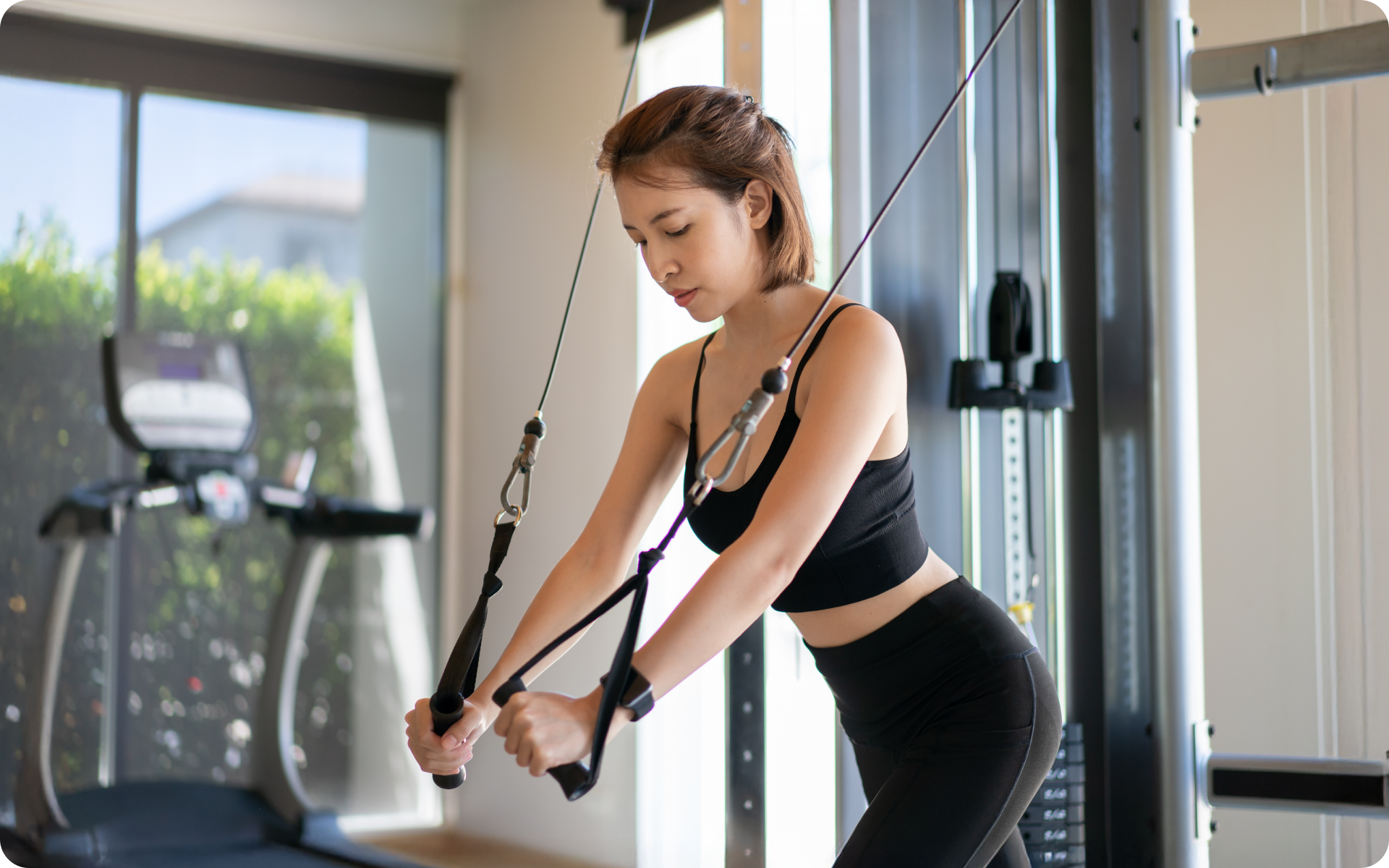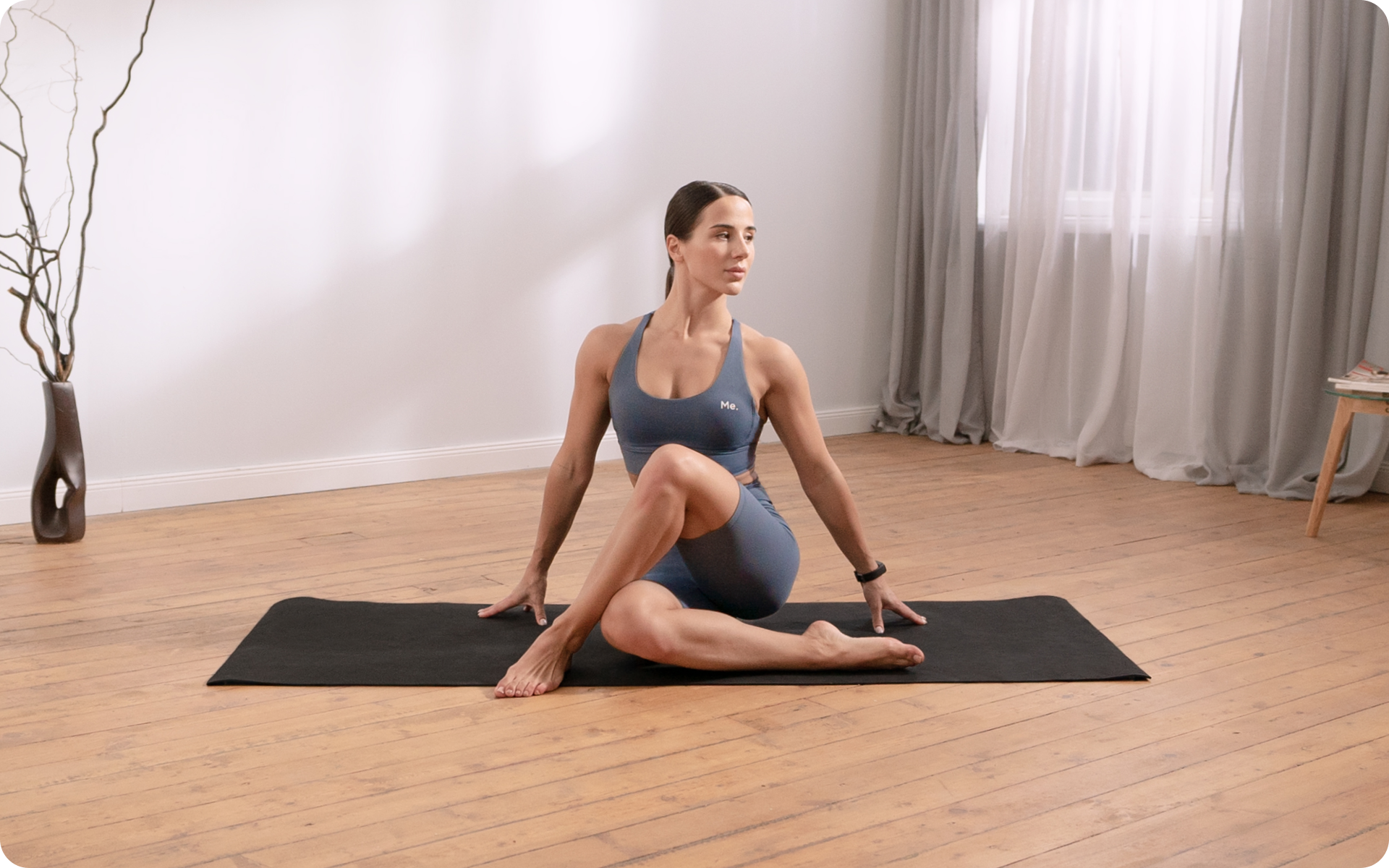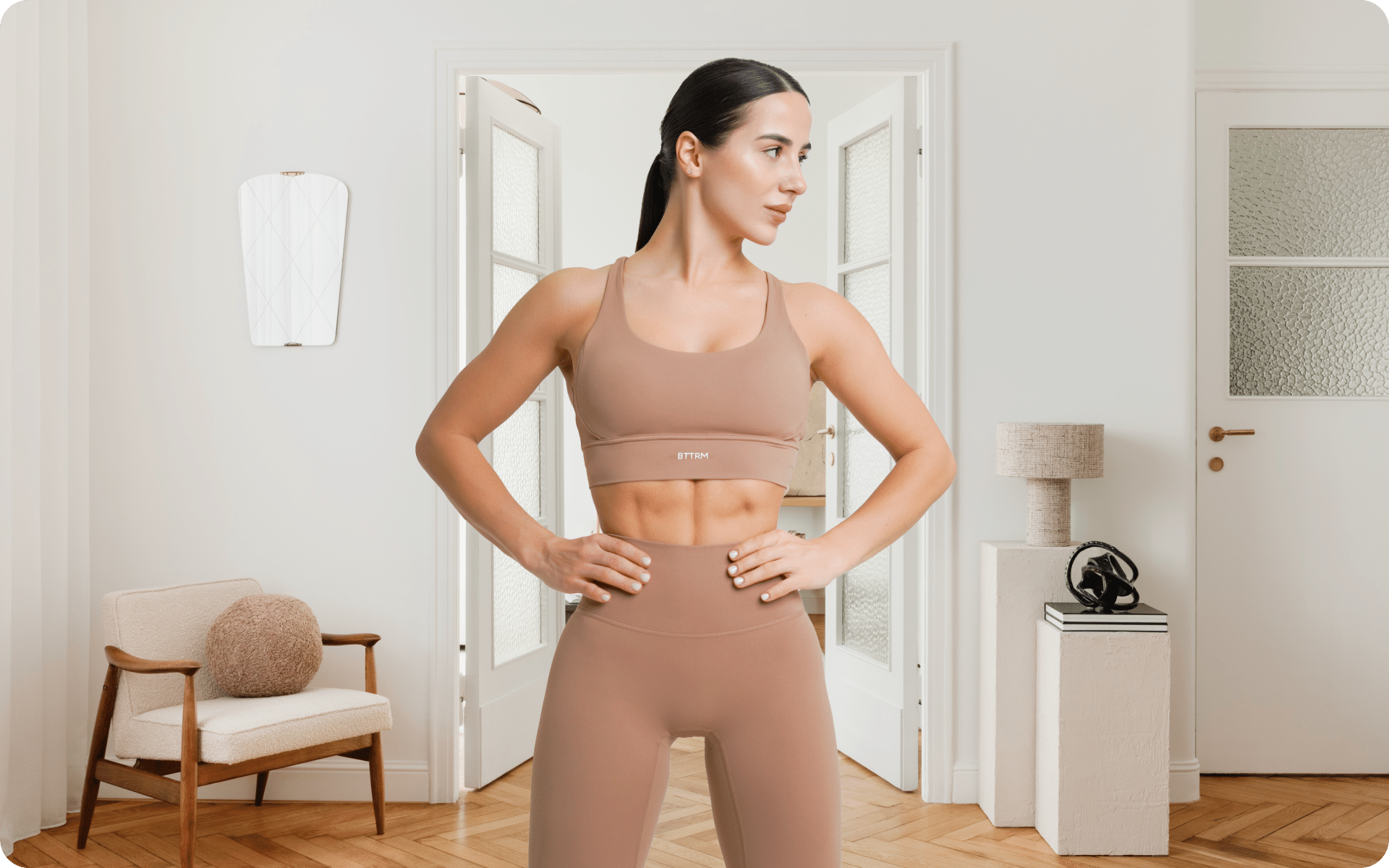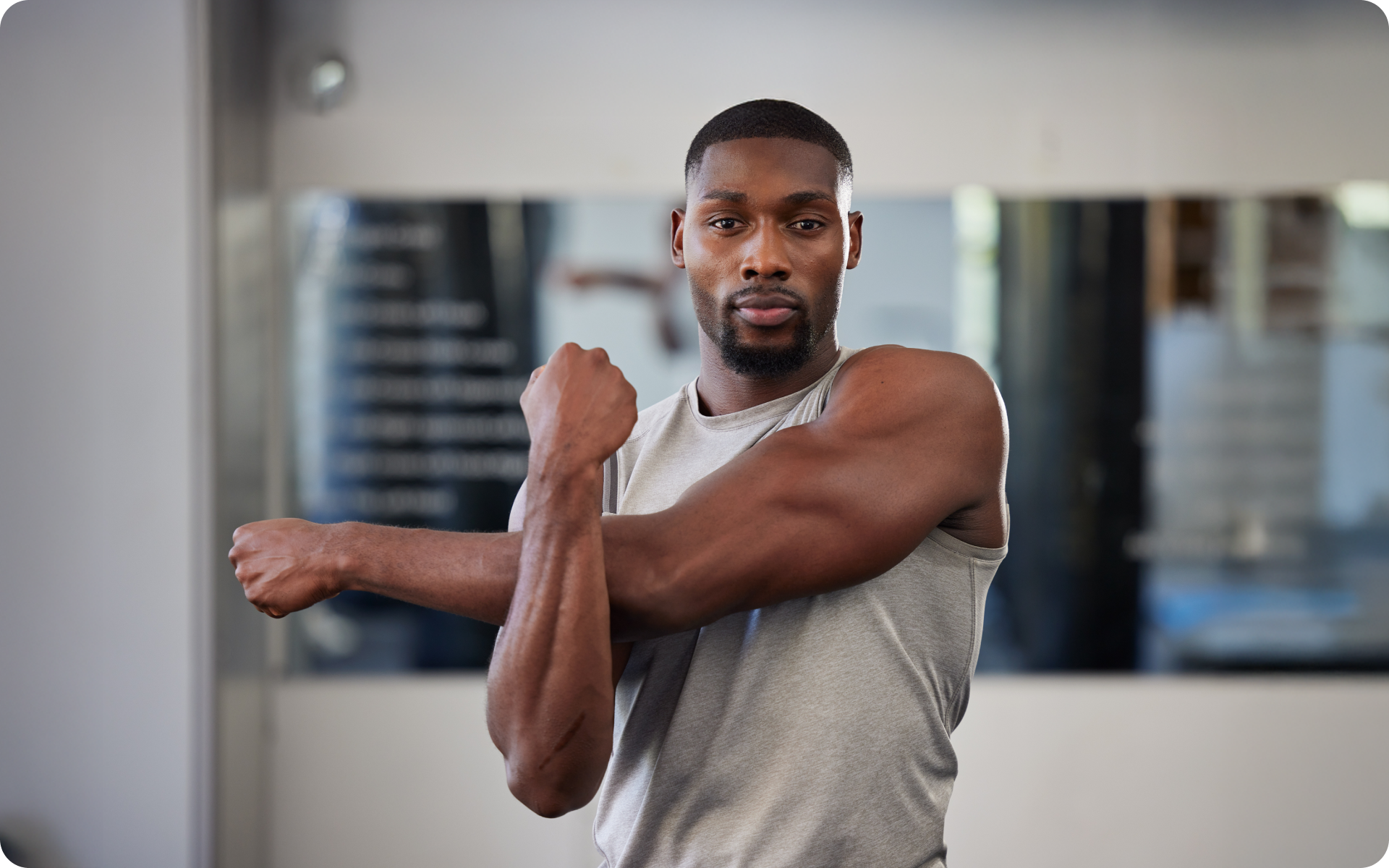If you’re skipping workouts because you don’t have enough time, we’ve got news for you: any workout is better than none, and when it comes to exercise, quality often trumps quantity. Workout timing shouldn’t be a barrier to maintaining a healthy lifestyle.
An abundance of research has broken down the ideal duration of a workout, considering factors such as fitness level, goals, and types of exercises.
So, if you’ve ever wondered how long a workout should be, you’ve come to the right place. From short, high-intensity sessions to longer, more moderate ones, science has some intriguing insights to offer. Here’s what you need to know to make the most of your precious gym time.
How Do I Know If My Workout Is Long Enough?
You know your workout is long enough if you meet your fitness goals while still feeling energized and not overly exhausted. However, this can vary significantly between individuals depending on fitness level, workout type, and specific goals.
Consideration 1: Workout Goals
Your workout length is largely dependent on your goals. If your objective is a workout to lose weight, shorter, high-intensity workouts may be more effective. They can boost your metabolic rate and maximize calorie burn in a short amount of time (3).
However, if your aim is a workout to build muscle, you may need longer sessions to effectively work each muscle group and incorporate sufficient rest periods (7).
Consideration 2: Fitness Level
For workout beginners, shorter workout sessions may be beneficial as they are less intimidating and it is easier to fit them into a daily routine. As your fitness level improves, you can gradually increase workout length.
Conversely, seasoned exercisers or those who are engaged in workout bodybuilding may require longer sessions to challenge their bodies and achieve their objectives.
Consideration 3: Type of Workout
Workout type will also determine the ideal workout duration. For example, strength workouts typically require longer rest periods between sets, whereas high-intensity interval training (HIIT) workouts are designed to be short and intense.
Consideration 4: Recovery
Regardless of workout type or duration, your body needs time to recover (4). The maximum workout time per day should leave you feeling energized, not completely drained.
For weightlifting, particularly when you lift weights as a beginner, it’s essential to understand how long to rest between sets to avoid injury and promote muscle growth.
Want to build an attention-grabbing bubble butt, blast away fat that’s stored in all the wrong places, spring-clean your diet, turn back the clock on your skin, skyrocket your self-confidence and shatter your insecurities? Check out the BetterMe app and set this plan in motion!
How Long Is a Good Average Workout?
According to the American College of Sports Medicine, a good average workout for most individuals is between 45 minutes and an hour. However, this can vary significantly depending on individual considerations and goals.
For Building Muscle
If your goal is to build muscle, studies have shown that workouts can often extend up to or longer than an hour (7).
This is because hypertrophy-focused workouts should involve multiple sets of moderate reps and weight, with required rest periods between sets.
Therefore, a workout for muscle-building may take anywhere from 60 to 90 minutes.
For Fat Burning
When it comes to fat burning, research has suggested that shorter, higher-intensity workouts can be incredibly effective.
High-intensity interval training (HIIT) sessions, typically lasting for 20 to 30 minutes, have been found to boost metabolism and burn calories at a higher rate long after the workout has ended (3).
For Cardiovascular Health
The American Heart Association recommends a minimum of 150 minutes of moderate-intensity aerobic activity or 75 minutes of vigorous aerobic activity every week for cardiovascular health (1).
This can be broken down into 30 to 60 minutes of moderate-intensity exercise 5 days per week or 20 to 60 minutes of vigorous-intensity exercise 3 days per week.
For General Fitness
For those who are focused on general fitness, the Department of Health and Human Services recommends a minimum of 150 minutes of moderate aerobic activity or 75 minutes of vigorous activity spread throughout the week, together with strength training exercises at least twice a week (8).
Your Workout May Be Too Long
There are some tell-tale signs that your workout may be too long, such as:
You’re Exhausted, Not Energized
If you constantly feel depleted after your workouts, this may be a sign that you’re overdoing it. Exercise should leave you feeling energized, not exhausted. Our morning workout benefits article highlights the benefits of starting your day with a workout.
For example, runners’ high, a feeling of euphoria following exercise, is a good indicator that your workout was the right length and intensity.
If you find it difficult to stay awake or you feel lethargic after exercising, it may be time to reassess the length of your workout sessions.
Your Performance Is Declining
If you’ve noticed a decrease in workout performance or you cannot reach or maintain your usual level of intensity, this could be a sign that your workouts are too long. Overexerting yourself can cause fatigue, directly impacting your performance levels.
You’re In Pain or Feel Unwell
Pain and feelings of discomfort or illness following a workout are potential signs that you’re pushing yourself too hard or working out for too long.
Exercise, particularly resistance training, naturally causes a certain amount of muscle soreness, which is known as delayed onset muscle soreness (DOMS) (5).
However, if you experience severe pain, chronic discomfort, or feelings of sickness after a workout, this could be a sign of overtraining.
You’re Consistently Sore
While muscle soreness is a common result of intense exercise, excessive soreness all the time isn’t normal. Constant soreness can be an indication that your body isn’t getting enough recovery time between workouts.
Your Sleep Suffers
Research from the Journal of Clinical Sleep Medicine showed that overtraining may negatively influence sleep patterns (2). If you’re having difficulty falling asleep or staying asleep, your workouts may be too long.
This is particularly applicable to evening workouts because exercise increases body temperature and can make falling asleep more difficult.
Read more: Mom Pooch Workout: Get Your Body Back in Shape Healthily
You’re Not Seeing Results
Research has suggested that longer workouts aren’t necessarily more effective (9). If your progress has stalled or you’re not seeing the results you want, this may be a sign that you’re overtraining and your workouts are too long.
You’re Losing Interest
If you find yourself struggling to remain motivated or you dread your workouts, it may be time to switch things up. Boredom and loss of motivation are common when workouts start feeling too long or monotonous.
You should consider trying new exercises, incorporating a workout buddy, or changing the length of your workouts to keep things interesting and maintain motivation.
Your Workout May Be Too Short
There’s no “bad” workout duration, but there are some signs that your workouts may be too short for your goals and needs, including:
You’re Not Reaching Your Fitness Goals
If you’ve been consistently working out but aren’t seeing any significant progress toward achieving your fitness goals, your workout sessions may be too short.
While it’s true that even short bouts of exercise can contribute to improved health, specific goals often require a more substantial time commitment, particularly those relating to weight loss, muscle building, or endurance training.
You’re Not Breaking a Sweat
Sweating is an indicator that your body is working hard, your heart rate is increasing, and you’re burning calories. If your workouts aren’t intense enough to make you sweat, they may be too short or not challenging enough.
However, it is important to note that sweating is not always an accurate measure of workout intensity, as some people naturally sweat more than others.
In addition, not all workouts need to be high-intensity sweat-inducing sessions, and low-impact exercises such as yoga or Pilates can also provide valuable benefits.
You Don’t Feel Tired After Your Workout
While you shouldn’t feel utterly drained following a workout, a certain level of fatigue can be a good indicator that you have pushed your body, which is essential for fitness progression. If you feel completely unchanged after your workout, it could be too short or not intense enough.
You’re Not Experiencing Muscle Soreness
Post-workout muscle soreness (DOMS) can be an indicator that you’ve effectively challenged your muscles during a workout (5). If you’re not experiencing any muscle soreness, your workouts may be too short or lack the required intensity, although the absence of DOMs doesn’t mean that workouts are ineffective.
You’re Not Progressing
Progress, whether lifting heavier weights, running longer distances, or executing more complex movements, is a good sign that your workouts are effective.
If you’re not seeing any progress over time, your workouts could be too short, not varied enough, or not intense enough to facilitate the promotion of growth and improvement.
When it comes to weight loss, progress is made by inches, not miles, so it’s much harder to track and a lot easier to give up. BetterMe app is your personal trainer, nutritionist and support system all in one. Start using our app to stay on track and hold yourself accountable!
How Long Does It Take To Get In Shape?
“Getting in shape” is a broad term that can encompass a variety of different goals, such as losing weight, building muscle, or improving overall health. Therefore, the time it takes to get in shape will vary.
However, research has suggested that noticeable changes in physical appearance may be visible within 4-8 weeks of consistent exercise and proper nutrition.
That being said, the exact amount of time it will take you to get in shape is dependent on:
Your Starting Point
If you’re a workout beginner, your initial level of fitness is a significant factor in how long it will take for you to get in shape. Someone who has been inactive for a long time will take longer to get in shape than someone with a higher level of activity.
In addition, the nature of your fitness goals plays a significant role. If your goal is a workout to lose weight, you may see results faster than if you’re aiming for a workout to build muscle, which requires a more extended period of consistent strength training. Our benefits of barre workout article shows how you can further tone your muscles
Your Training Regimen
The type and intensity of your workouts also influence how quickly you will see results. High-intensity workouts, such as high-intensity interval training (HIIT), can yield faster results in terms of weight loss and cardiovascular fitness (6).
At the same time, a strength workout or workout bodybuilding with the aim of gaining muscle mass requires longer periods of consistent training. Workout intensity also matters – an appropriate workload can help elicit physical adaptations (7).
How Consistent and Dedicated You Are
Consistency in your workouts is another crucial factor. The more regularly you exercise, the quicker you may see results.
Therefore, understanding the workout length and workout time per day that best suits your schedule and sticking to it consistently will pay off. For example, if you’re trying to lift weights as a beginner, fitting in regular sessions throughout the week is crucial.
How Well You Recover
Finally, don’t underestimate the importance of recovery time. If you’re lifting weights, knowing how long to rest between sets is vital for giving your muscles enough time to recover and grow (4).
Similarly, the maximum workout time per day should leave you feeling energized and not drained. Giving your body adequate time to recover between workout days is also important for avoiding injuries and maximizing the benefits of your workouts.
Read more: Fire Up Your Muscles With Effective Resistance Bands Leg Workout
Frequently Asked Questions
Is 2 hours at the gym too long?
Typically, spending 2 hours in the gym is not too long, provided your body can handle the workload. However, the effectiveness of a workout is not only determined by its duration but also by its quality.
For most people, a 45-minute to 1-hour high-quality, focused workout can be more effective than several hours of unfocused or interrupted gym time.
However, if you’re splitting your time between cardio, strength training, and flexibility exercises, or taking ample rest between sets, 2 hours may be necessary.
How many reps will build muscle?
The general recommendation for building muscle is to perform exercises in the range of 6-12 reps per set. This is believed to create the ideal balance between muscle size and strength gains.
However, it’s essential to reach muscle fatigue within this rep range. If you can easily do more than 12 reps without reaching fatigue, you’re probably not using enough weight.
How intense should my workout be?
The intensity of your workout should match your fitness goals. For general health benefits, moderate-intensity workouts are often sufficient.
However, if your goal is improving cardiovascular fitness, losing weight, or building muscle, you may need to incorporate high-intensity workouts into your routine.
High-intensity workouts can be more effective for burning calories and stimulating muscle growth, but they also require a longer recovery time.
How long are you a beginner at the gym?
A person is considered a beginner for the first three to six months of regular strength training. After this period, assuming consistent training, they will advance to the intermediate level. As you advance, your body becomes more adapted to the stress of exercise, and your workouts will need to become more challenging in order to continue seeing improvement.
The Bottom Line
The duration of an effective workout can vary significantly, depending on your fitness level, goals, and workout type. While spending two hours in the gym may be beneficial for some people, others can achieve their goals through shorter, higher-intensity workouts.
In any case, the quality of your workout, consistency, and ensuring you get sufficient recovery time are all essential for achieving your aims.
DISCLAIMER:
This article is intended for general informational purposes only and does not serve to address individual circumstances. It is not a substitute for professional advice or help and should not be relied on for making any kind of decision-making. Any action taken as a direct or indirect result of the information in this article is entirely at your own risk and is your sole responsibility.
BetterMe, its content staff, and its medical advisors accept no responsibility for inaccuracies, errors, misstatements, inconsistencies, or omissions and specifically disclaim any liability, loss or risk, personal, professional or otherwise, which may be incurred as a consequence, directly or indirectly, of the use and/or application of any content.
You should always seek the advice of your physician or other qualified health provider with any questions you may have regarding a medical condition or your specific situation. Never disregard professional medical advice or delay seeking it because of BetterMe content. If you suspect or think you may have a medical emergency, call your doctor.
SOURCES:
- American Heart Association Recommendations for Physical Activity in Adults and Kids (2018,heart.org)
- Can Sleep Be Used as an Indicator of Overreaching and Overtraining in Athletes? (2018,nih.gov)
- Effectiveness of high-intensity interval training for weight loss in adults with obesity: a randomised controlled non-inferiority trial (2021,nih.gov)
- Effects of Consecutive Versus Non-consecutive Days of Resistance Training on Strength, Body Composition, and Red Blood Cells (2018,nih.gov)
- Delayed Onset Muscle Soreness (DOMS) (2011,acms.org)
- HIIT (High Intensity Interval Training) (2021,harvard.edu)
- Maximizing Muscle Hypertrophy: A Systematic Review of Advanced Resistance Training Techniques and Methods (2019,nih.gov)
- Physical Activity Guidelines for Americans (n,d,health.gov)
- Why Long Workouts Aren’t Always Better (2021,healthdigest.com)
